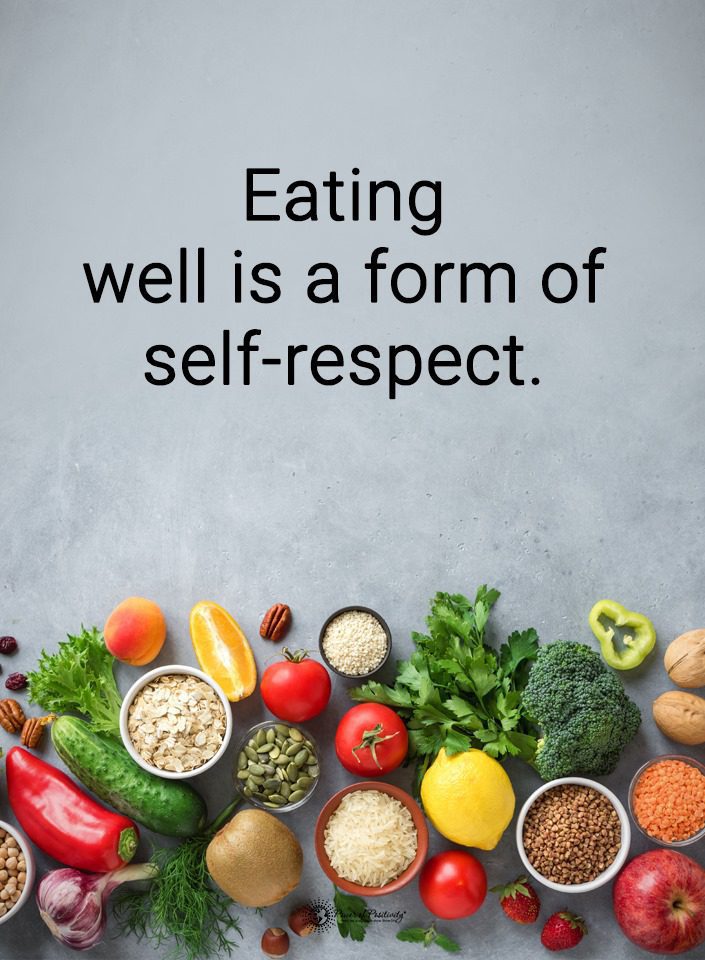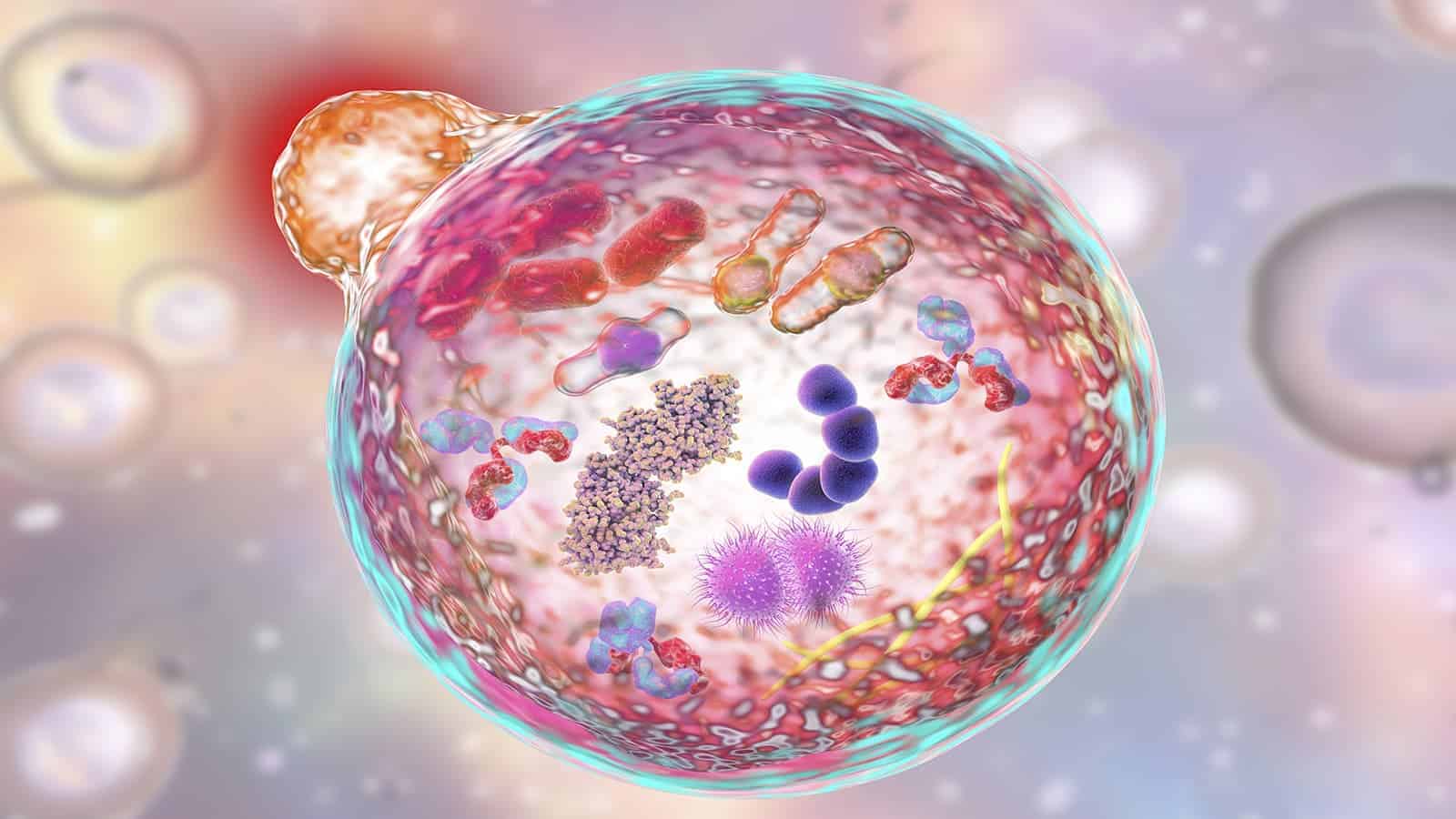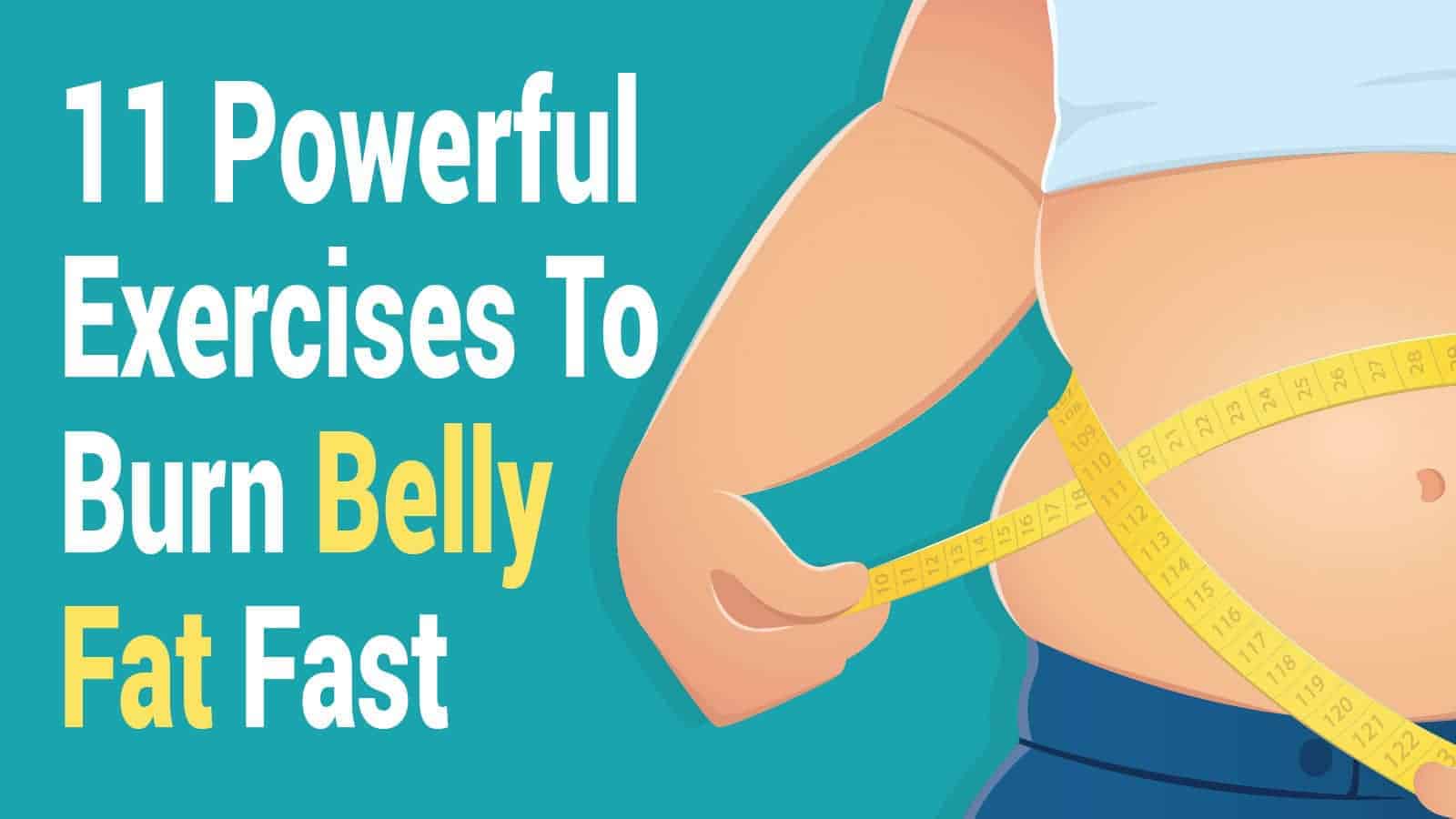If you were to look up “autophagy” online, you would see that it has become the latest fascination and health cure over the last few years. It is most commonly associated with one of the benefits of a ketogenic diet and fasting. Many claims to its fame include extending life, slowing aging, and acting as a natural detox to your system. There is positive scientific evidence to show how you can use autophagy to clear damaged cells from your body and reduce inflammation.
History of Autophagy’s Discovery
Autophagy was first discovered and named by Christian de Duve, a 1974 Nobel laureate. He discovered the lysosome. Upon continued observation of lysosomes, he discovered damaged or unusable material placed into the lysosomes. Therefore, he coined that process autophagy, or “self-eating,” and called the cellular vehicles autophagosomes.
In 1988, a gentleman by the name of Yoshinori Ohsumi started his study related to autophagosomes. During his experiments, he chose to interrupt the process of autophagy in a cell to create a larger gathering of autophagosomes hopefully. By doing so, he hoped to view them better under the microscope. He chose to do this by starving the cells; surprisingly, it worked! Ohsumi discovered a method to identify and characterize critical genes involved in autophagy. The results were published in 1992; in 2016, he was awarded the Nobel Prize in physiology.

Definition of Autophagy and Its 3 Types
As stated above, autophagy is Greek for “self-eating.” Simply put, it is defined as the process in which misfolded proteins, damaged organelles, and pathogens are transferred into lysosomes to be broken down and recycled for cellular use. It’s similar to how we collect plastic bottles, smash them down, and then re-create other plastic materials.
There are 3 types of autophagy:
- Macro-autophagy – delivers cellular “garbage” to the lysosome by an autophagosome and then fuses with the lysosome to create an autolysosome.
- Micro-autophagy – the lysosome itself absorbs the damaged cells.
- Chaperone-mediated autophagy – the degraded cellular material essentially rides “piggyback” on a protein that the lysosome receptors recognize, and then that protein is unfolded and degraded.
Can autophagy help clear damaged cells from your body?
The role of autophagy in our bodies helps maintain the homeostasis of our cells. We have various amino acids and proteins that fuel our cells. Some of those proteins don’t develop as they should or get used and discarded by our organs. The process of autophagy causes our lysosomes to absorb these organelles and proteins; they then break them down and convert them into usable cells for our body once again.
Most studies regarding this process were performed while starving the cells – literally. The subject’s body did not receive food for 24-48 hours. This creates a further breakdown of protein cells and an increase in amino acids, which then cause the cells to group faster while elongating and enlarging. This makes it easier for the lysosomes to absorb and recycle.
We must remember that we are only as healthy as our cells are. By starving the cells, they kick into survival mode by attempting to create more food through amino acids to ensure our tissues and organs remain operational. At the same time, they cannot allow this sudden abundance of “bad cells” to remain in our body and, therefore must attach themselves to lysosomes to rid the body of this excess – much like we do not allow trash to accumulate in our homes for an extended period.
Methods to induce autophagy
- Fasting and intermittent fasting: We naturally fast daily from the time we eat dinner until we eat breakfast the following day. This assumes, of course, that you aren’t getting up to eat or snacking before sleep. If you eat dinner by six and then don’t eat breakfast until about seven to eight a.m., you have fasted for thirteen to fourteen hours. While most studies were done on subjects who fasted for 24-48 hours, results manifest in fourteen to sixteen hours. Scientists have also stated that fasting or reducing calorie intake may trigger autophagy.
- Exercise: Exercising is another way scientists theorize that autophagy can be triggered. This is still being studied. Scientists believe that autophagy is the reason behind all the chemical benefits in your body after exercising. There exists evidence of increased life span and protection against cardiovascular diseases, diabetes, cancer, and neurodegenerative diseases. These benefits mirror the results scientists see in their studies about autophagy. Additionally, they discovered increased cognitive function in the cerebral cortex due to increased autophagy activity after exercise.
- Calorie Reduction: This reduction of calories, by about 20-30% of the current 2000-2500 caloric diet, has several benefits. Each points to the increased occurrence of autophagy. Increased cognitive ability, decreased chance of diabetes, and reduced age-related illnesses such as bone degeneration, arthritis, etc., are all benefits of autophagy.
- Protein reduction: A reduction in protein consumption, the ketogenic diet, has the same results as a calorie reduction diet due to reduced e oxidation of damaged proteins. You should reduce protein intake to 5-10% of your diet rather than the 20% usually taken.
Autophagy and Inflammation
“A complex association has been identified between autophagy and inflammation. First, autophagy influences the development, homeostasis, and survival of inflammatory cells, including macrophages, neutrophils, and lymphocytes, which play critical roles in the development and pathogenesis of inflammation.”
Scientists are currently studying autophagy’s role in macrophages, neutrophils, and lymphocytes. Each of those cells plays a role related to inflammation and infection. Diseases investigated include COPD, Crohn’s disease, pulmonary hypertension, Cystic fibrosis, and Systemic lupus erythematosus. Each illness comes from a defective genetic, autophagy, or protein link. Autophagy can alter these or stimulate the cell to allow for cell death in a different format without the autoimmune reaction. Through manipulating various compounds, scientists have found they can use autophagy to decrease the inflammatory and autoimmune response. This is not an easy study, as everything is on the molecular level. Furthermore, the interplay between all the cells and genes is very complex.
In addition to the diseases listed above, scientists hope to discover more correlations between autophagy and diabetes, insulin resistance, obesity, and cancer.
The study of autophagy by scientists is still relatively new; the interplay between various amino acids, fatty acids, proteins, and other cells is more complex than described above. Scientists proved that autophagy can positively impact the liver, cells related to food consumption, and neurons in the brain. Scientists also understand that this process needs further study and regulation before using it on a therapeutic level.
Can autophagy be both good and bad for you?
Our bodies, and therefore our cells and their systems, naturally maintain balance. As a matter of fact, autophagy provides a perfect example. It maintains a balance by removing degenerate or weakened cells and recycling them as food in other cells while recycling others to be re-released into our bodies in a usable form.
Therefore, it stands to reason that extremely triggering this process will have consequences. The process provides benefits in cell regeneration initially. Extension of the process, however, causes specific cells to be easily and quickly identified as “trash” to be killed off too quickly. Meanwhile, other cells not identified as quickly might remain longer than they should. The process of autophagy will attempt to respond to its new “norm” by recreating another homeostasis. The new “norm” may not benefit our overall cell health.
The interplay of our amino acids, fatty acids, proteins, and genes in how autophagy can clear damaged cells from our bodies and reduce inflammation is both fascinating and promising. Many people have been researching the fasting element and the ketogenic diet about autophagy.
It is also essential to understand that scientists still do not fully understand how autophagy affects the body. Our bodies should work in balance; going to extremes can upset that balance. Thus, it can cause us more harm than good.

Final Thoughts on Autophagy
Utilizing some methods to initiate autophagy has promising benefits; the advice isn’t new to us. Doctors have advised for decades: Exercise regularly, watch your calories, and don’t eat late at night. Now we can understand the science behind their benefits and name it autophagy.




















